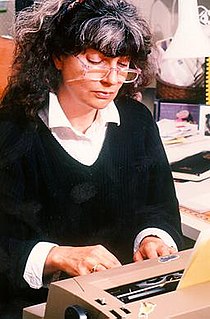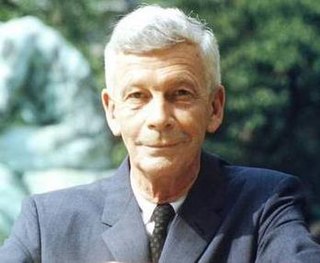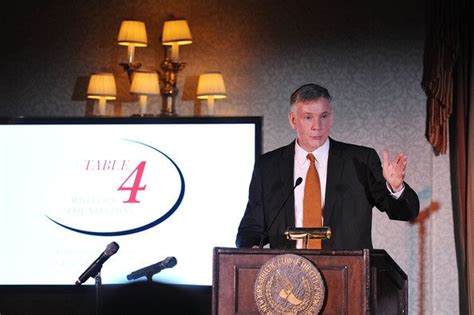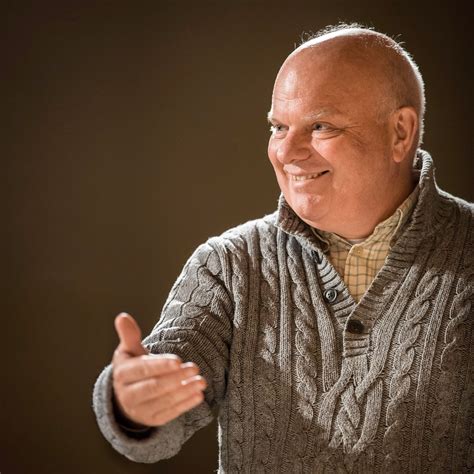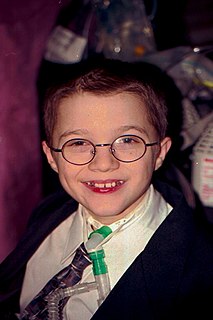A Quote by Jane Kenyon
The poet's job is to put into words those feelings we all have that are so deep, so important, and yet so difficult to name, to tell the truth in such a beautiful way, that people cannot live without it.
Related Quotes
It's very difficult to measure the impact on policy of any investigative journalism. You hope it matters to let a little more truth loose in the world, but you can't always be sure it does. You do it because there's a story to be told. I can tell you that the job of trying to tell the truth about people whose job it is to hide the truth is about as complicated and difficult as trying to hide it in the first place.
Stories are the collective wisdom of everyone who has ever lived. Your job as a storyteller is not simply to entertain. Nor is it to be noticed for the way you turn a phrase. You have a very important job--one of the most important. Your job is to let people know that everyone shares their feelings--and that these feelings bind us. Your job is a healing art, and like all healers, you have a responsibility. Let people know they are not alone. You must make people understand that we are all the same.
There's an old adage in writing: 'Don't tell, but show.' Writing is not psychology. We do not talk 'about' feelings. Instead the writer feels and through her words awakens those feelings in the reader. The writer takes the reader's hand and guides him through the valley of sorrow and joy without ever having to mention those words.
You can tell the truth, but sometimes you can't always be in your face with it. I found a way to tell the truth and put it in a nice, neat package for people to receive it. A lot of times, you have to put it in a nice, neat box with a bow tie, and when they open it, it's the truth. I think people respect that.
Other people’s words are so important. And then without warning they stop being important, along with all those words of yours that their words prompted you to write. Much of the excitement of a new novel lies in the repudiation of the one written before. Other people’s words are the bridge you use to cross from where you were to wherever you’re going.
Obviously people's feelings are going to get hurt when you use certain words, but you can't outlaw words. They're really the history of our culture. They tell you what's going on. When you make words politically incorrect you're taking all the poetry out of the language. I'm pro anybody living their lives the way they want to live, sexually and otherwise; and I'm anti any kind of language repression.
There is this tendency to think that if you could only find the magic way, then you could become a poet. "Tell me how to become a poet. Tell me what to do." . . . What makes you a poet is a gift for language, an ability to see into the heart of things, and an ability to deal with important unconscious material. When all these things come together, you're a poet. But there isn't one little gimmick that makes you a poet. There isn't any formula for it.
